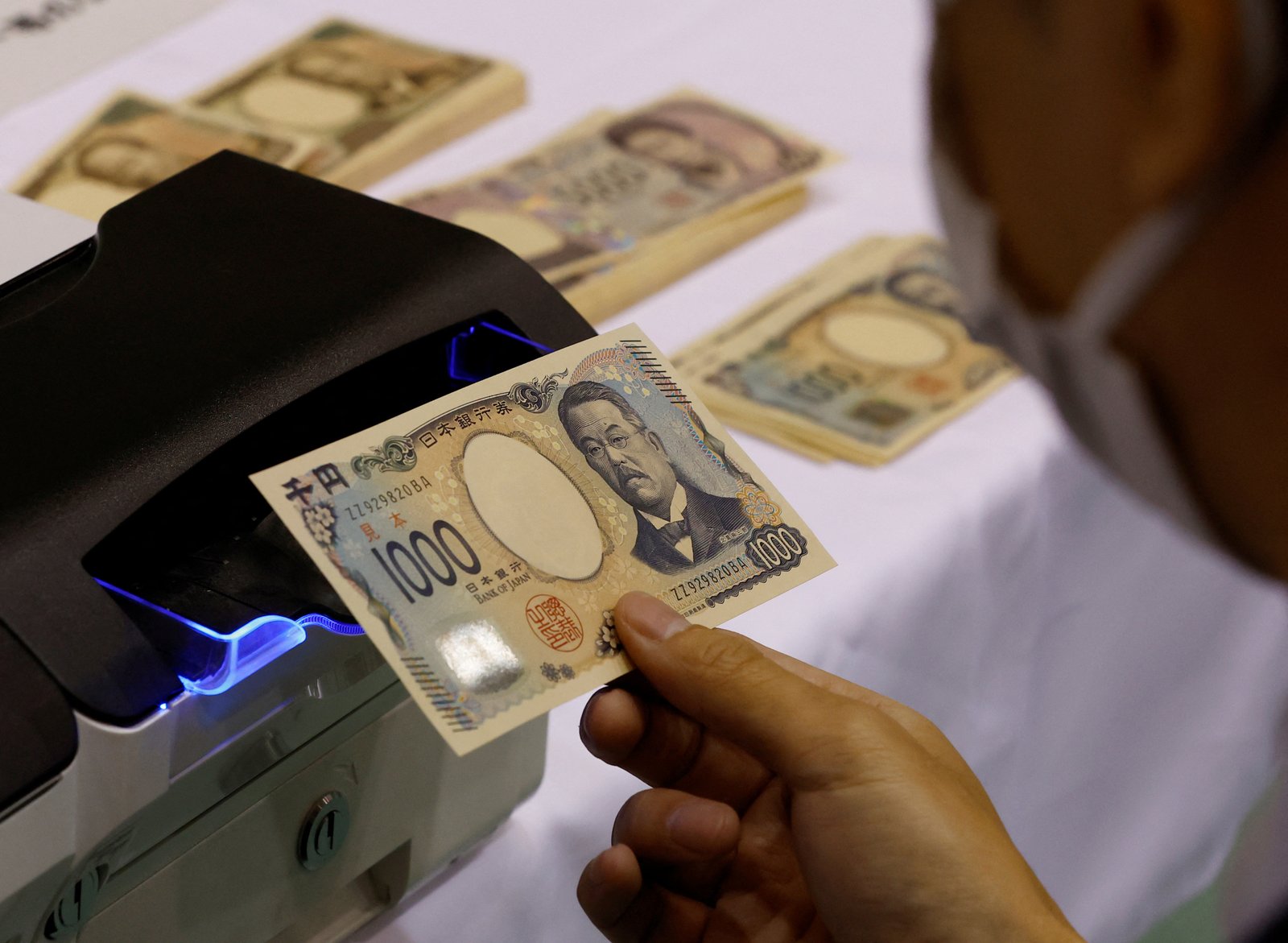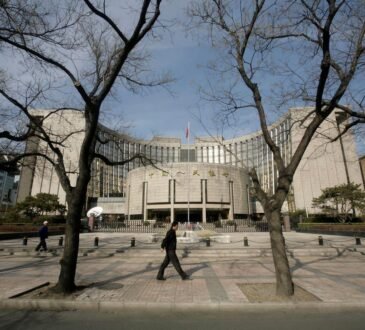TOKYO, June 26 (Reuters) – Japanese authorities were “seriously concerned and on high alert” about the yen’s rapid decline, said the country’s top currency diplomat Masato Kanda, escalating warnings as the currency languished at its weakest level in almost 40 years.
“It is generally accepted that the current weakness in the yen is not necessarily justified, therefore believed to be driven by speculators,” Kanda, vice finance minister for international affairs, told reporters on Wednesday.
The weak yen has become a headache for Japanese policymakers by boosting the cost of imported raw materials, pushing up inflation and hurting consumption.
Kanda said the recent moves in the currency were rapid and “definitely one-sided”, moving away from his recent stance of not commenting on the ongoing market situation.
“We have been preparing to act against excessive volatility,” Kanda said, signalling his readiness for another intervention to support the yen.

Despite Kanda’s warnings, the yen continued its downturn, touching 160.50 per dollar, the weakest in about 38 years.
The market has widely seen 160 yen to the dollar as authorities’ line in the sand, even though Kanda and other government officials have repeatedly said they had no specific levels in mind on when to intervene.
Japan spent 9.8 trillion yen ($61.6 billion) intervening in the foreign exchange market in April and May, after the Japanese currency hit a 34-year low of 160.245 per dollar on April 29.
But those steps failed to reverse the yen’s weakness as a delay in U.S. Federal Reserve interest rate cuts has kept the wide U.S.-Japan interest rate differential.
($1 = 159.9700 yen)
Sign up here.
Reporting by Makiko Yamazaki and Satoshi Sugiyama; Editing by Sharon Singleton and Bernadette Baum
Our Standards: The Thomson Reuters Trust Principles.





